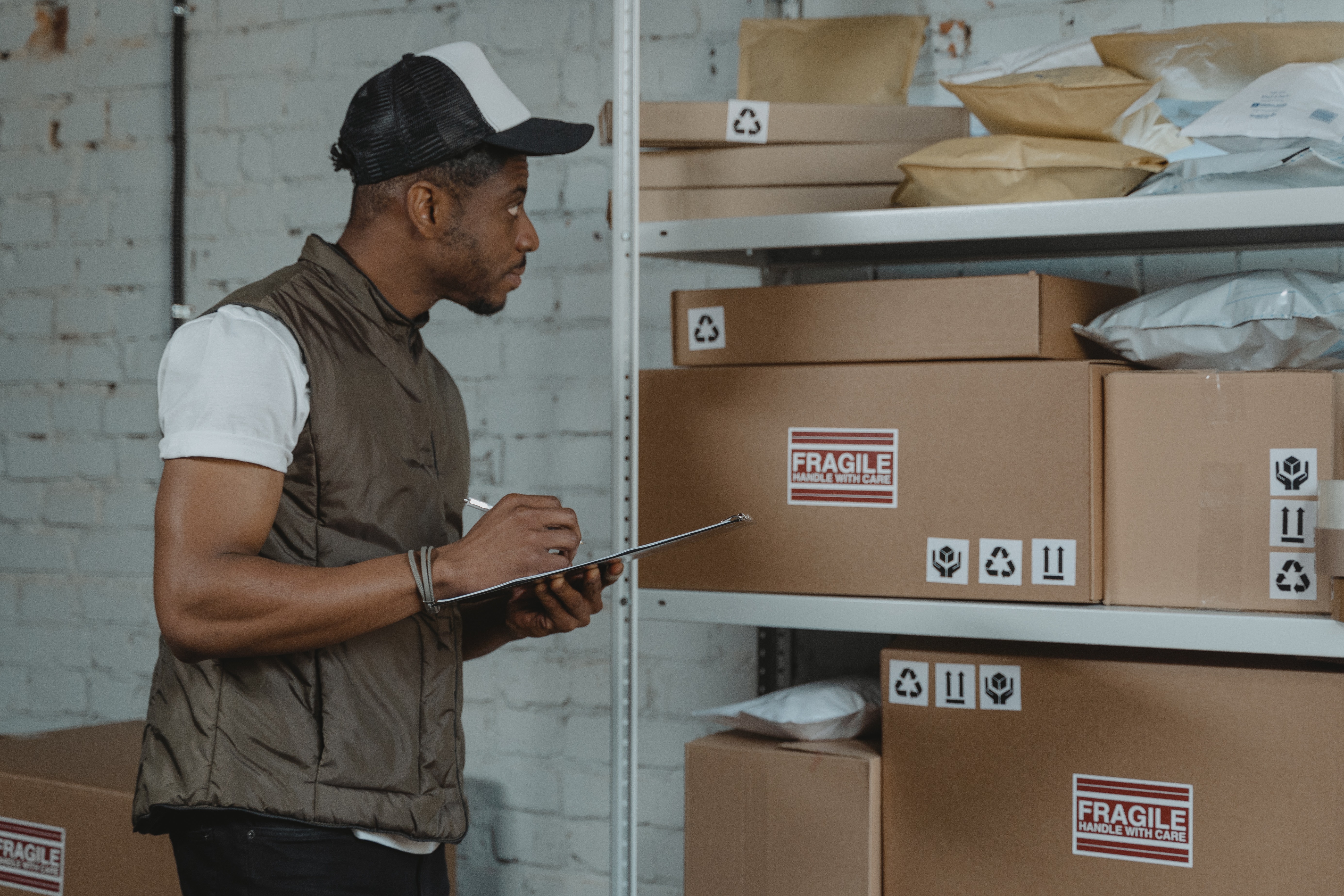
Lessons learned during the pandemic
The COVID-19 pandemic has affected nearly every aspect of business, from staffing to the supply chain. The medical and pharmaceutical industries have been particularly overwhelmed trying to care for patients and keep supplies in stock.
As the pandemic enters its third year, we have taken a look back at how we have improved our procedures so we can meet our customers’ needs. Although many of these practices were developed in response to the current supply chain and shipping problems, they will benefit customers even in a post-pandemic world.
Today, we are sharing six best practices for streamlining pharmaceutical supply operations.
1. Identify monthly supply requirements per customer
As a leading pharmaceutical supplier in Houston, we have experienced the supply chain issues and shipping delays just as much as our customers have. We evaluated our own stocking and ordering procedures in order to keep providing our customers with the items they need. We determined the number of products our regular customers purchase each month to ensure that we have those items available and ready to ship.
2. Bulk buy products that do not have expiration dates
Much of the pharmaceutical supplies and packaging material we stock has a long shelf life. We have begun purchasing these items in bulk so that we can have an ample supply on hand. For example, non-sterile PPE products such as nitrile gloves, lab coats, face masks, shoe covers and bouffant caps do not expire and can be safely stored in our warehouse until they are needed. Bulk purchasing and stocking popular products allows us to ship materials to customers right when they need them.
3. Submit standing purchase orders to avoid delays
Shipping delays, from cargo ships to residential deliveries, have been a headache for the entire country. We are staying ahead of the curve by submitting standing purchase orders for our most popular products, like sterile disinfectants, wipes, and mop pads. With a reliable supply of products, we can fulfill customer orders on time.
4. Develop a list of approved alternatives in case of back orders
Despite all of our planning efforts, delays are inevitable. Sometimes we are simply unable to stock products if they are on back order or unavailable. We created a list of approved alternatives for our products to prevent delays for our customers. If an item is on back order, we can stock and ship the alternatives to keep our customers operations up and running. For example, we have an approved alternative for shoe covers in case they go on back order.
5. Require slightly longer lead times to account for shipping delays
Shipping delays are another challenge we cannot always keep up with. To make sure our customers will get the products they need, when they need them, we have started requiring slightly longer lead times for orders. When customers submit orders in advance, we have a greater chance of getting their products to them on time or early.
6. Establish multiple lines of communication with vendors and customers
Communications with our vendors, suppliers, shippers and customers is critical. In the world of remote work and quarantining, it can be difficult to get in touch. We have established multiple lines of communication with our partners. If one of our customers or vendors is out sick or unavailable, we have secondary contacts to keep everyone updated. We also make it easy for our partners to contact us with questions about orders or products.
About DiNovo
Oversight of the compounding industry is increasing. At DiNovo, we put patient safety first. We provide supplies for 503A and 503B pharmacies, including supplies for packing and shipping, cleaning and disinfecting, and compounding. Contact us today or download our compliance checklist to learn more.
.png?width=500&height=153&name=DiNovo%20Full%20Logo%20-%20Both%20Tags%20(500x153).png)